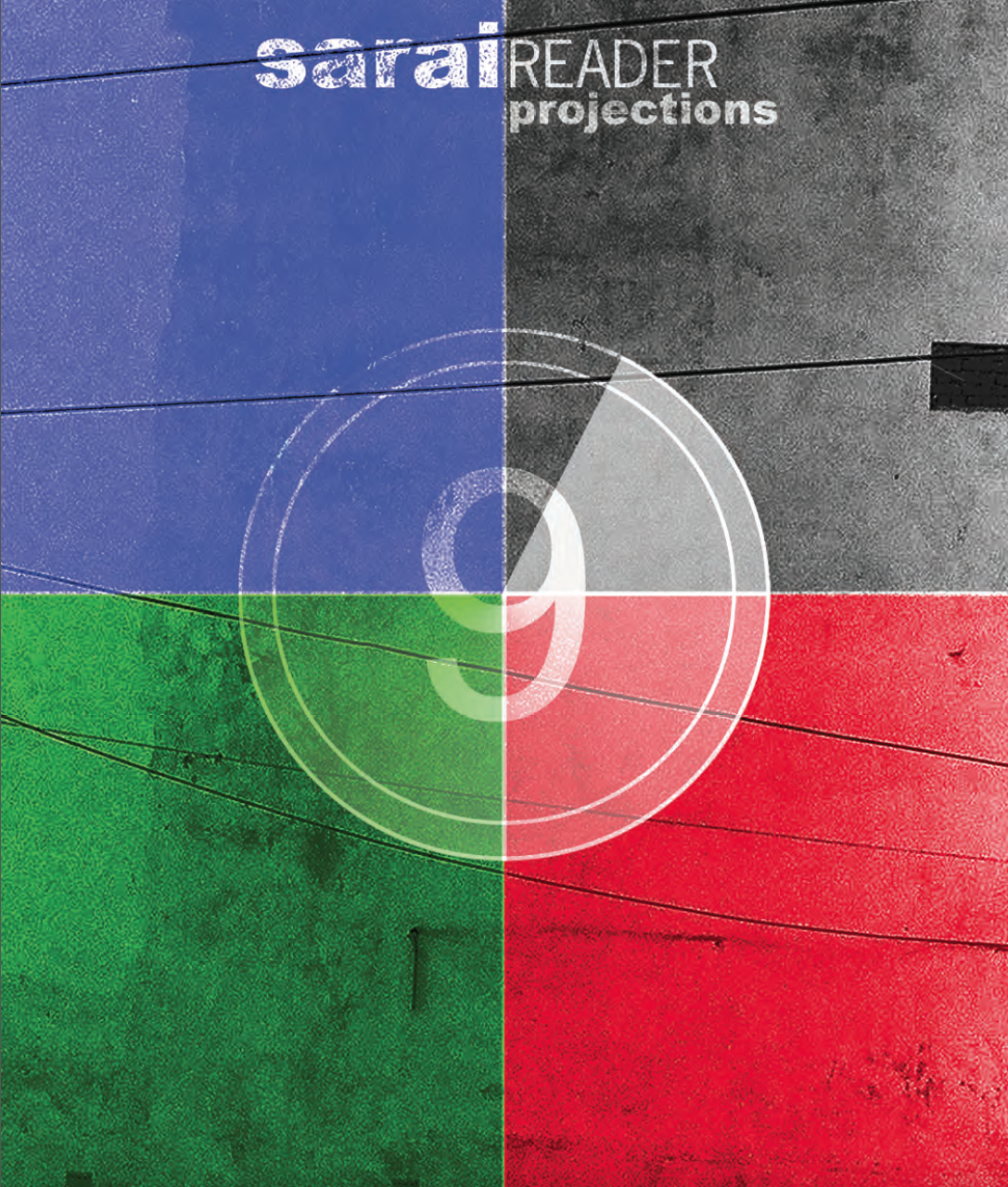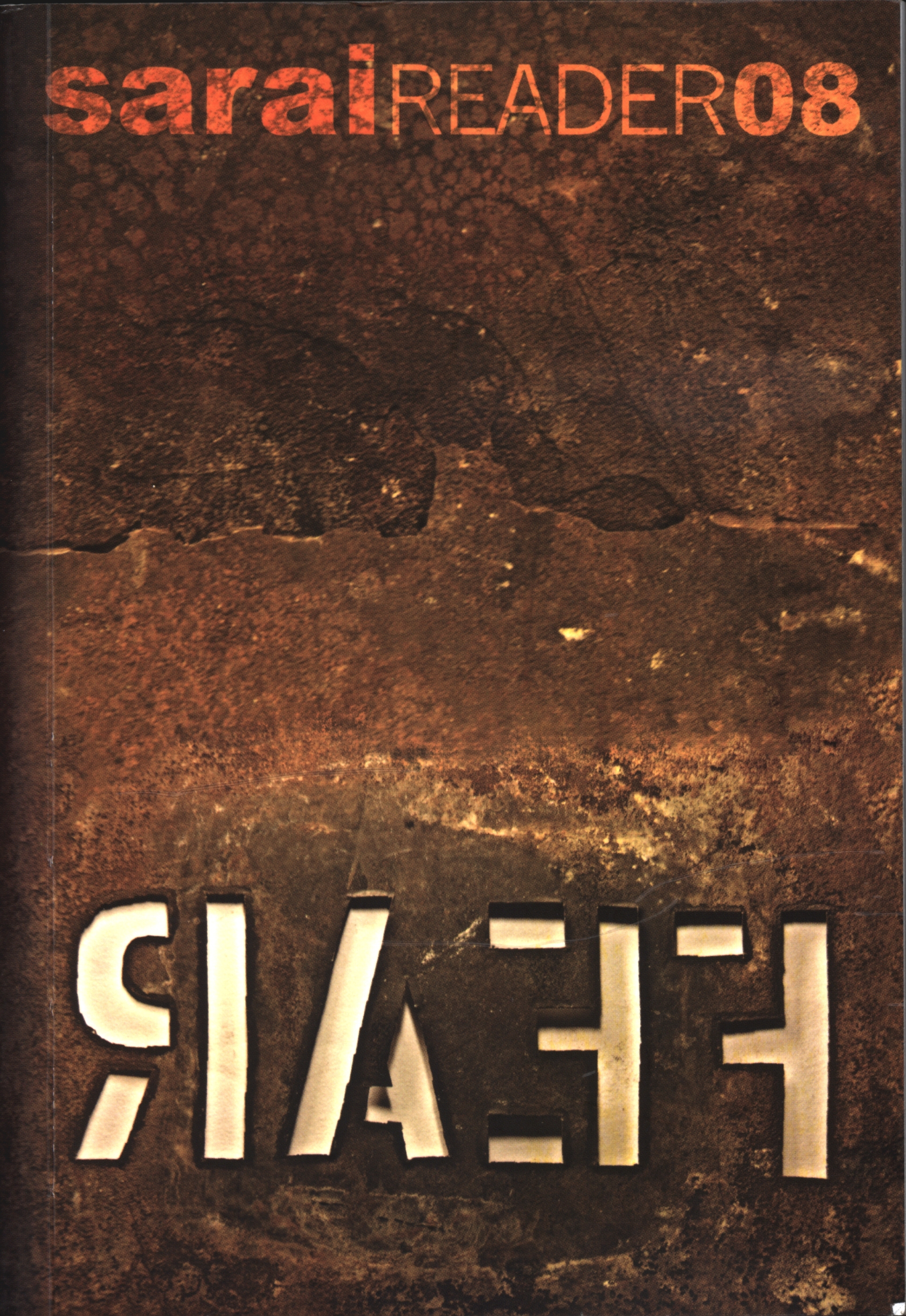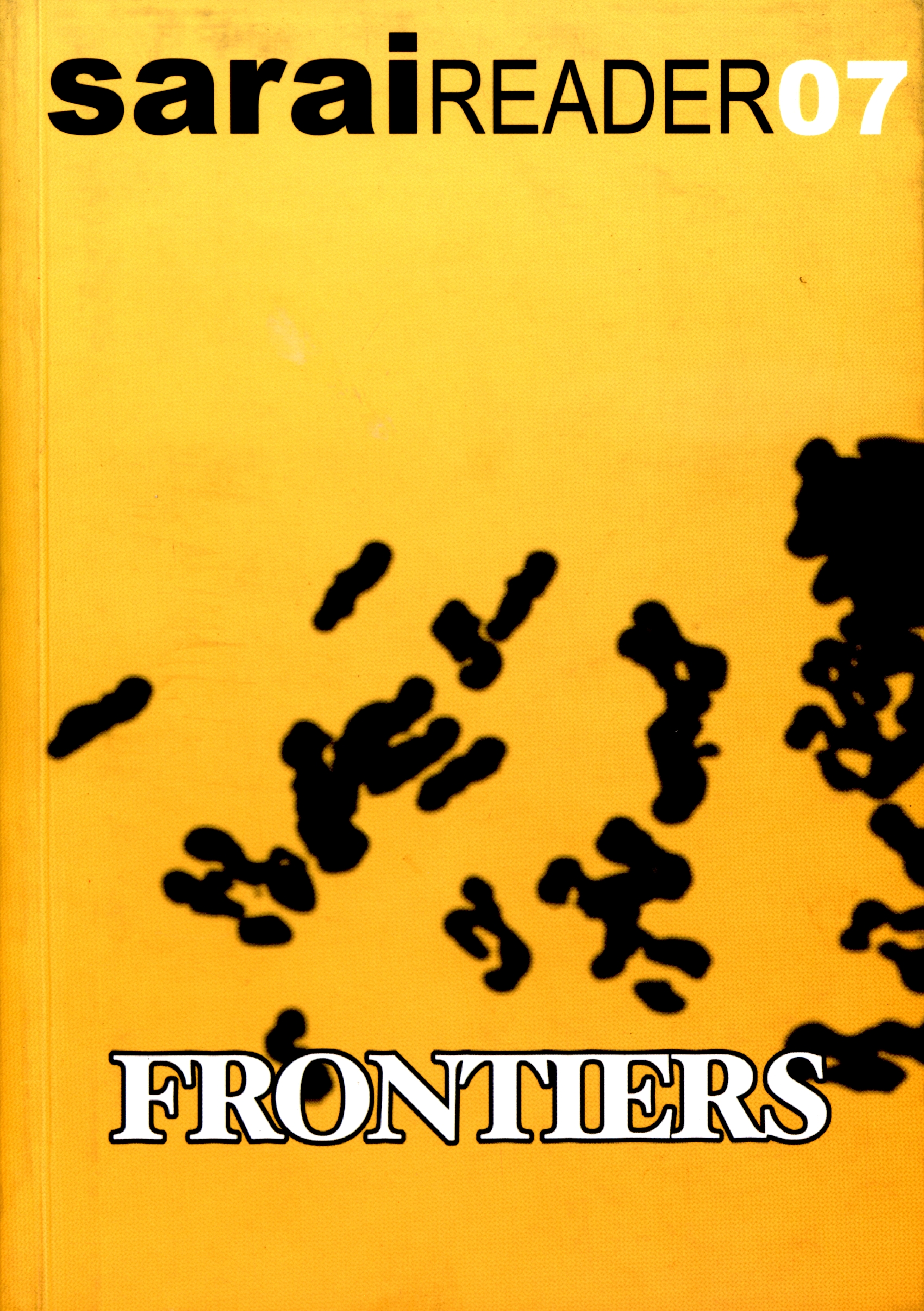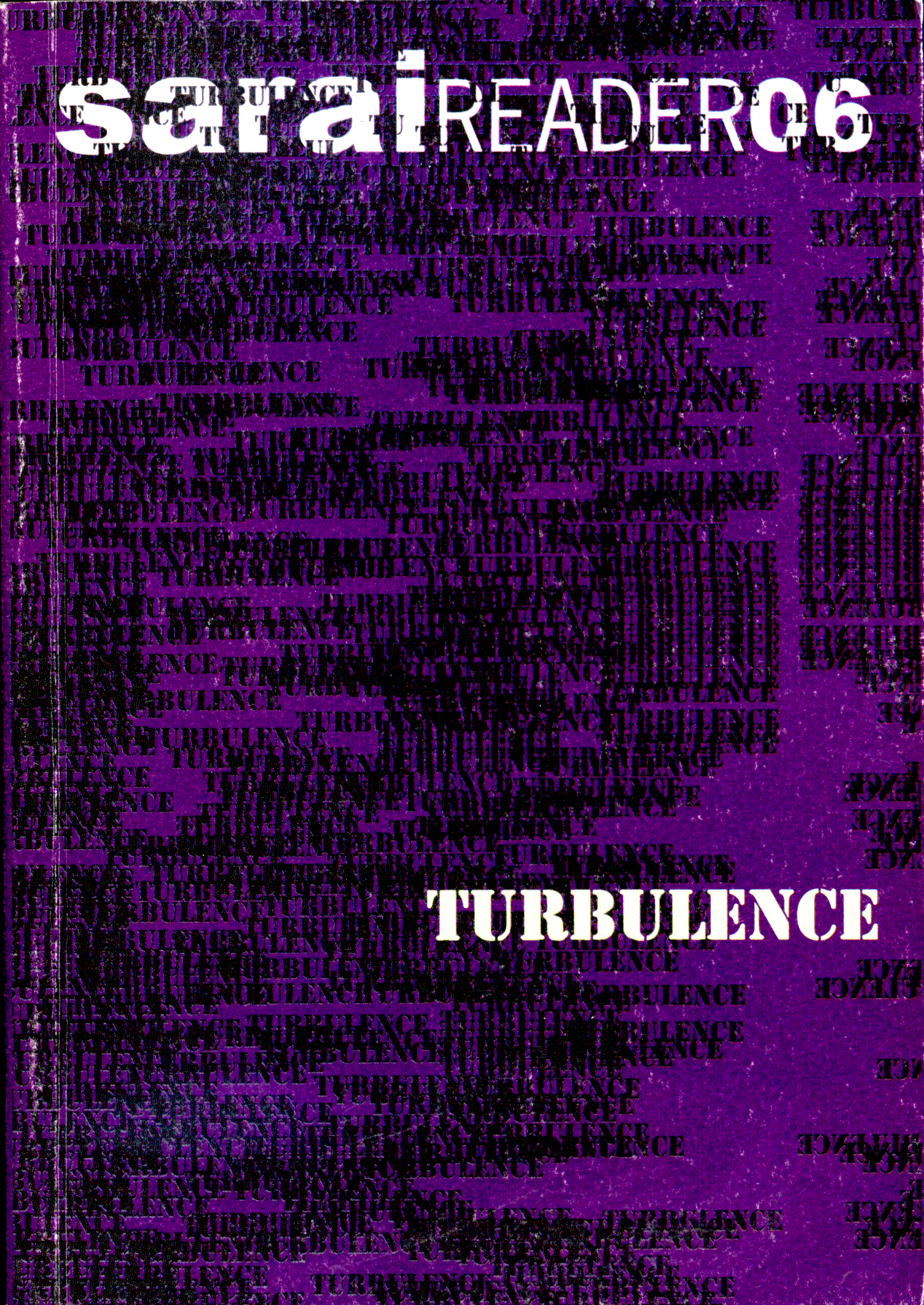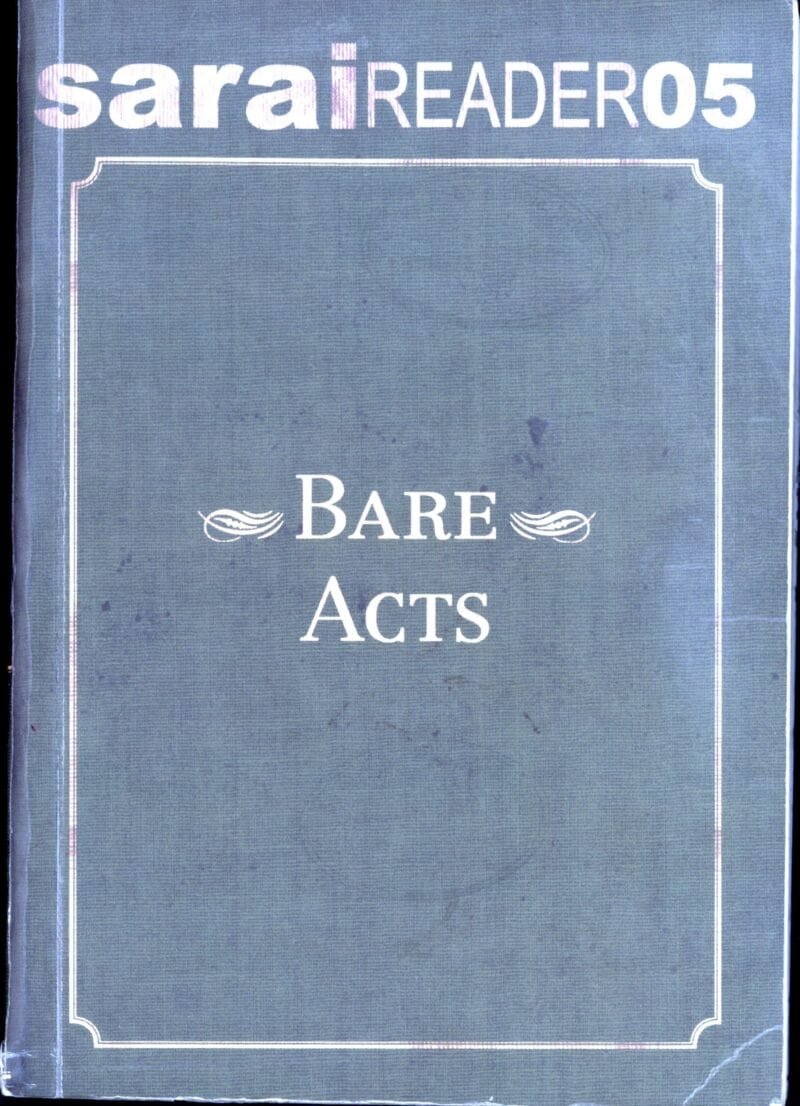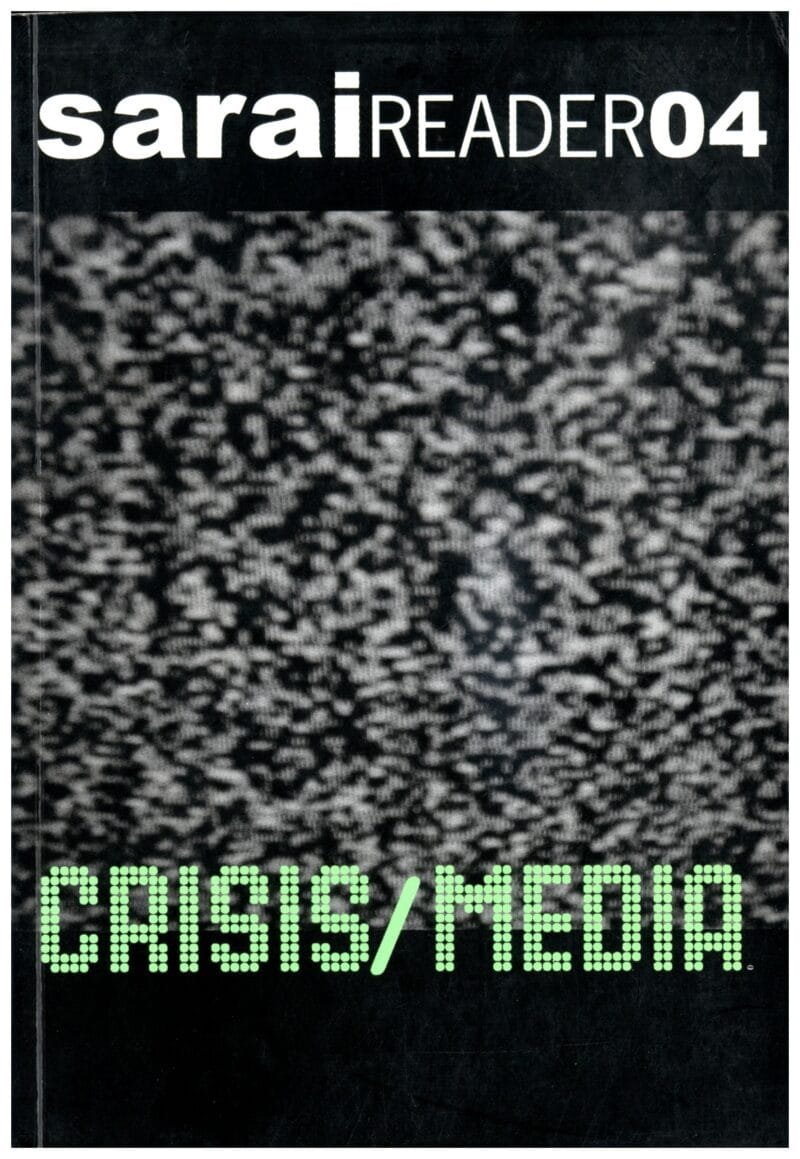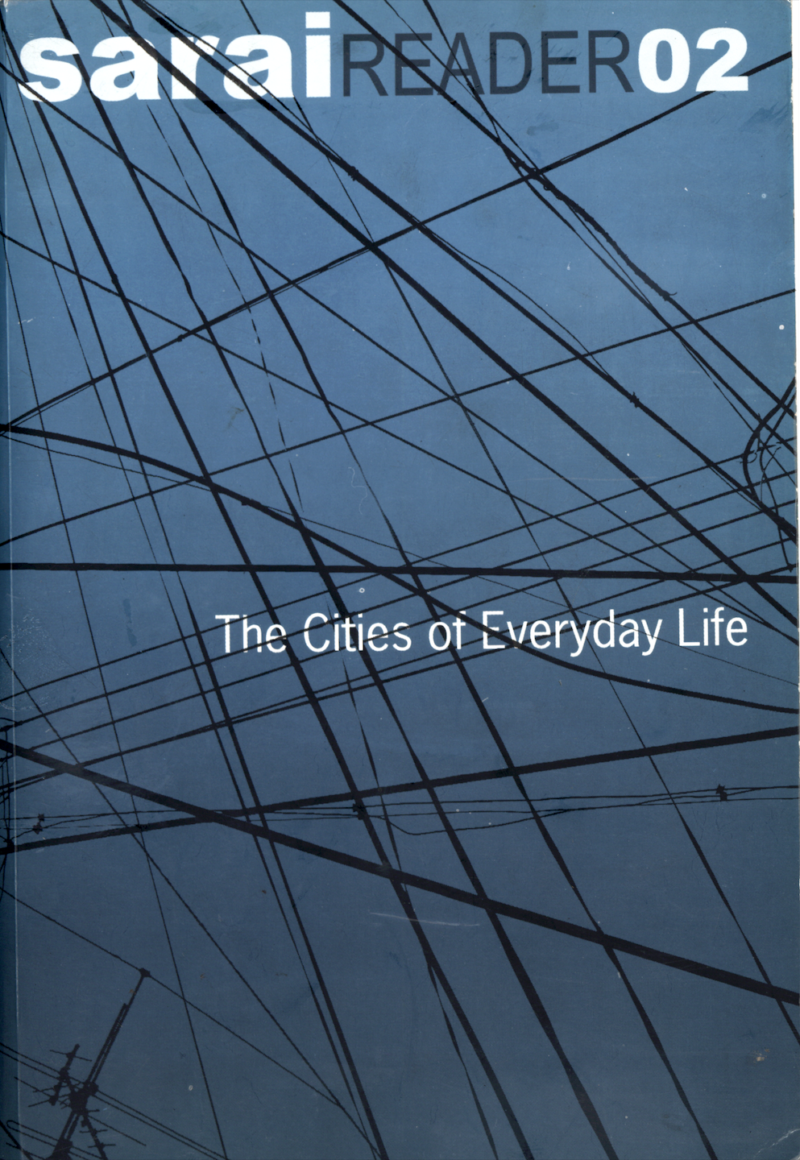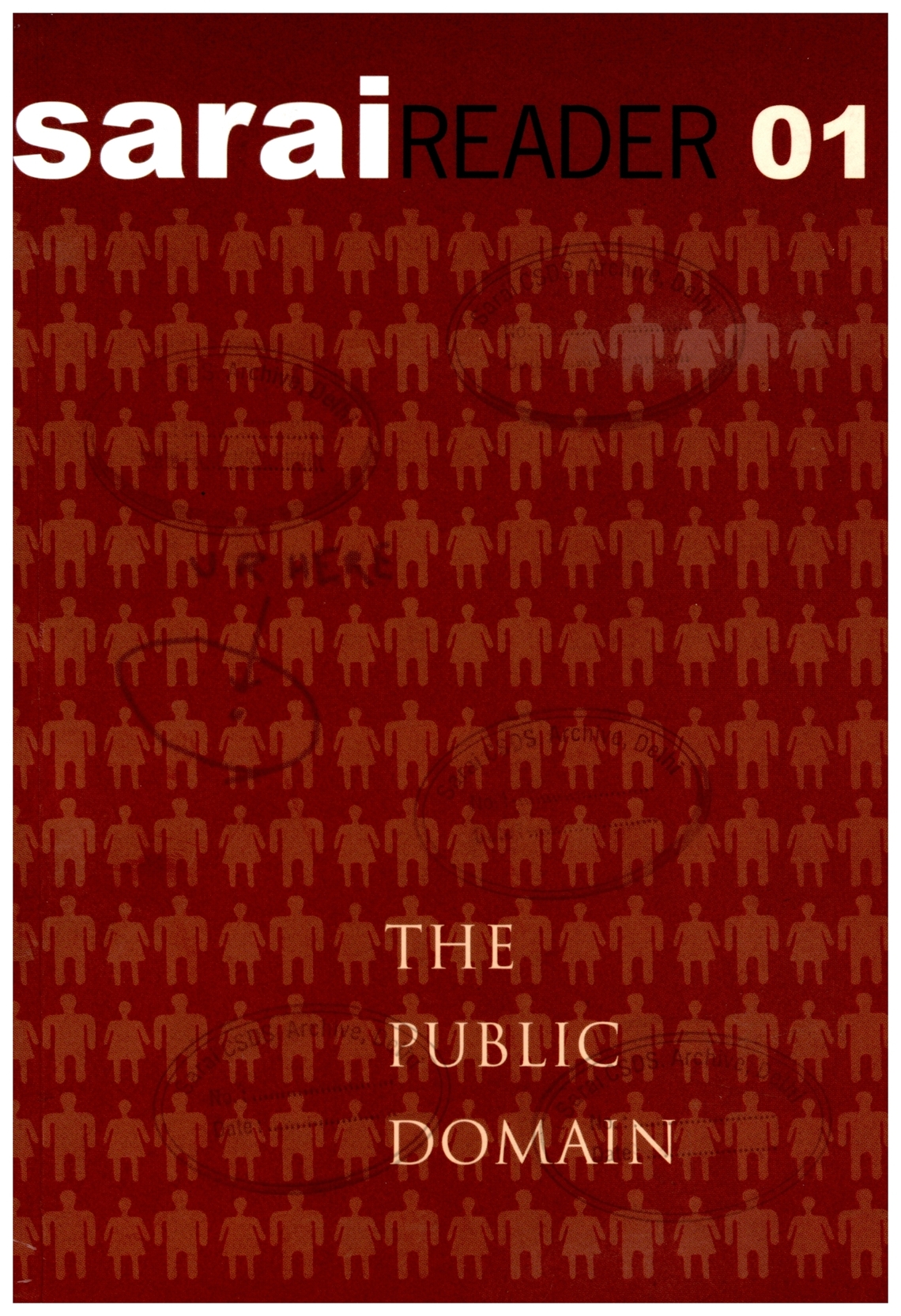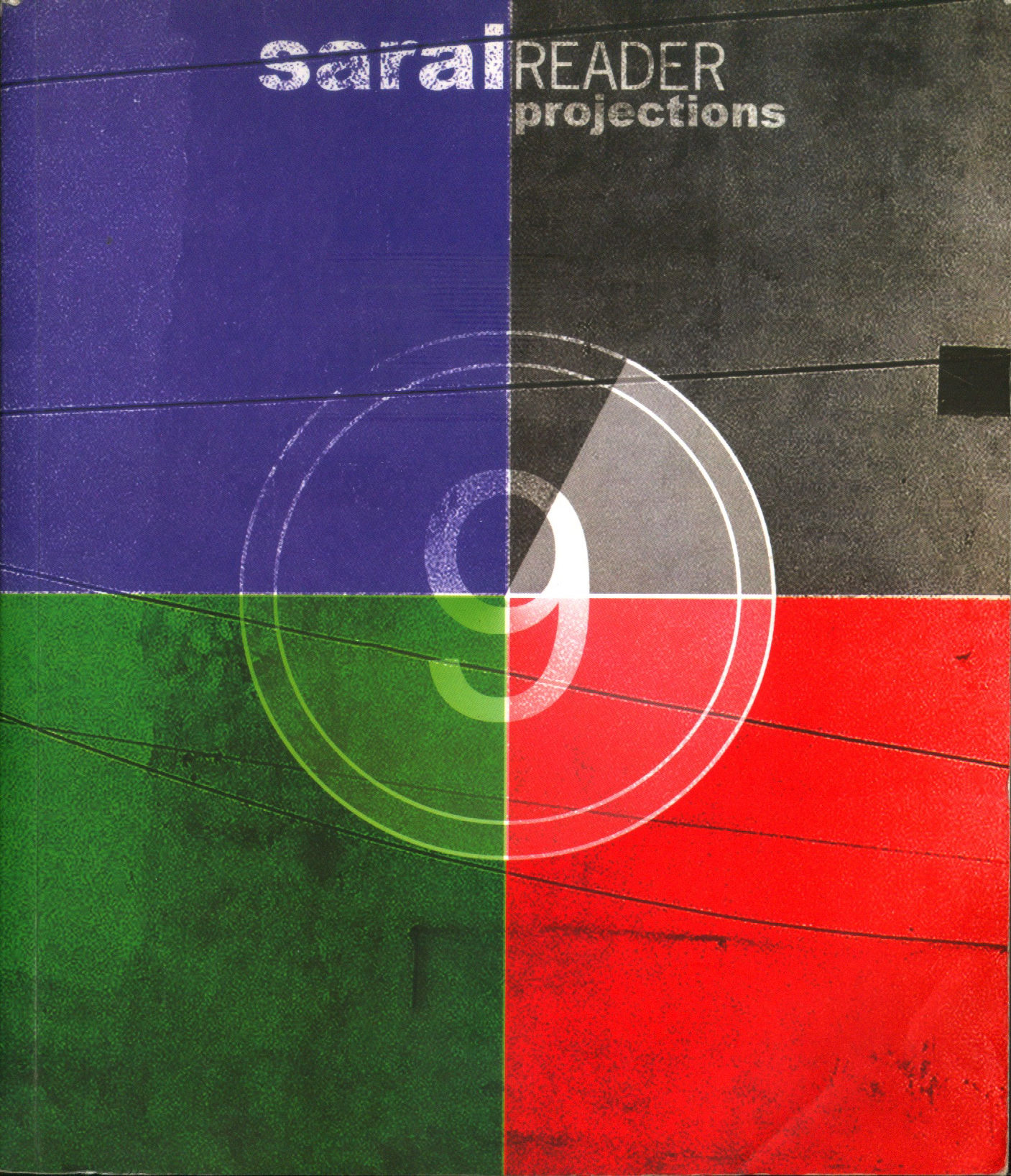
Sarai Reader 09: art as a place / The Exhibition
Work 10am-5pm Over a Week, in the Space || Call People for Lunch Discussions if You Want || Develop a Critical Lexicon and Vocabulary for Contemporary Art || Involve More People || Work by Yourself || Work Together With Others || Invite || Perform || Initiate || Create Punctuations || Pair || Make a Set […]


